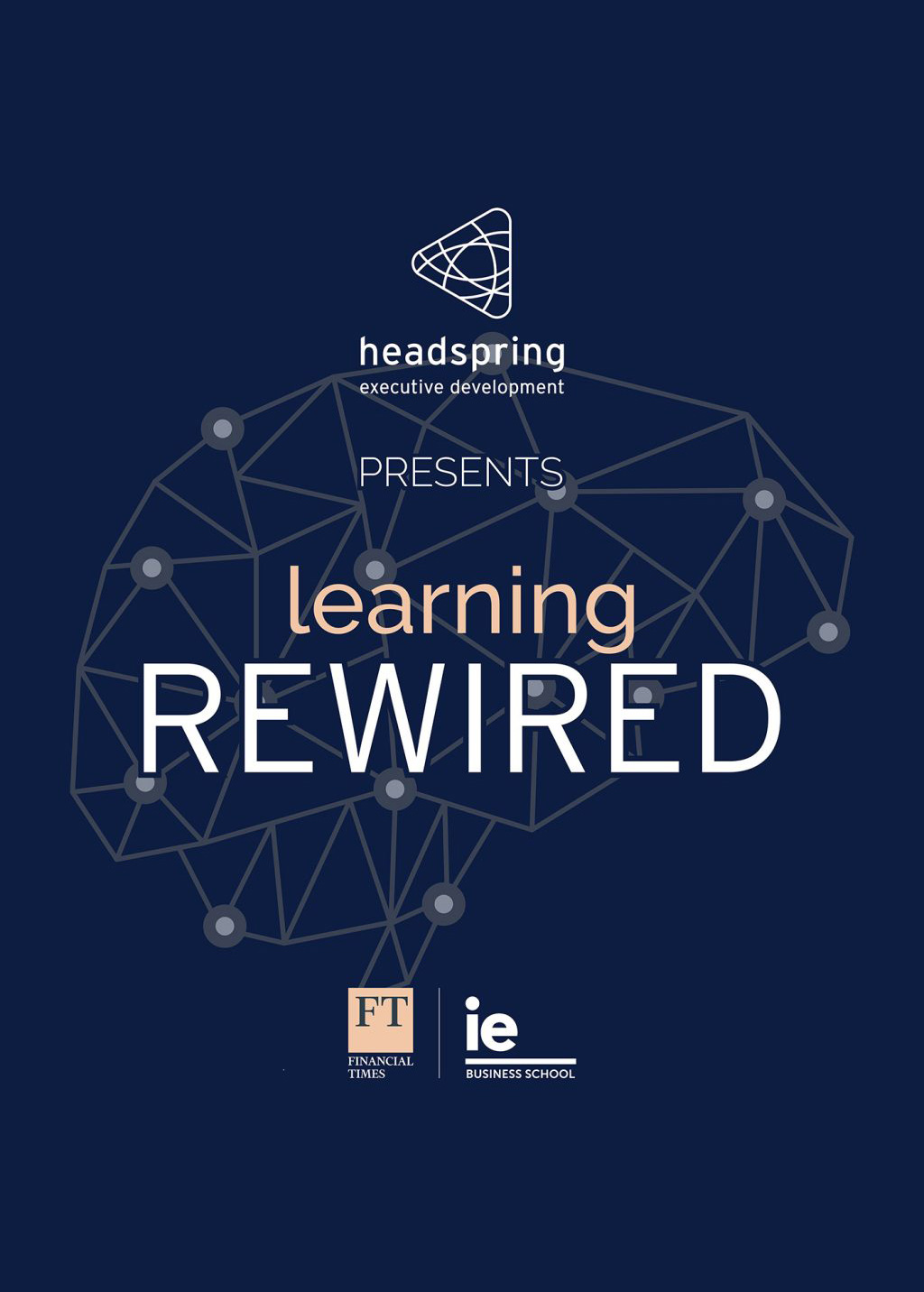Why Adaptability Is the Skill that Will Define the Next Decade - Andrew Hill
Future-ready leaders aren’t the most forceful - they’re the most adaptable. Clarity, curiosity, and honest communication will define the ones who shape the next decade.
How do you get your team to perform their best?
What is the best way to prioritise work?

In the first podcast of the season, our host, Thiago Kiwi speaks with Ruth Kudzi, founder of the Optimus Coach Academy and author of Is it is? The Smart Woman’s Guide to Finding Work You Love.
In this episode, Kiwi and Kudzi speak about the science behind high performance, from how to prioritise work to how to get your team to perform their best. Ruth offers her views on questions like:

Ruth Kudzi is a management and workplace expert with over 15 years of experience. She is the author of “Is This It?” a book focused on helping women to find purpose in their work.
Ruth is also the founder and CEO of Optimus Academy, a company focused on helping business leaders be more methodological and productive. Ruth has worked with a wide range or organisations, and she has extensive knowledge on HR policies and practices. Ruth is a MCC accredited coach with the ICF (one of 1250 worldwide) and works with a team of professionally qualified coaches with a wide range of backgrounds.
Learn more about Ruth KudziAny advice for how people can become better listeners? Take yourself and your ego out of it. It's really difficult for bosses to do this. So what you want to do is when you are having a conversation with someone is to think about what they're saying, and listen to the congruence between their words: their energy and tonality. Does it all match up? And I would say, pause - the more that you pause, the more people will fill in those gaps.
How can managers use coaching skills to keep supporting their teams and ensuring that they're finding purpose, and getting the best out of their work? It's about listening. To ask your team ‘what is going on’? Having open questions, asking about their thoughts, having that open dialogue with people, and really listening to what is going on for them. That is the most important thing and allowing your team to take autonomy for what they want to do, rather than being directive.
Future-ready leaders aren’t the most forceful - they’re the most adaptable. Clarity, curiosity, and honest communication will define the ones who shape the next decade.
AI won’t future-proof your career. Adaptability will.
Deals are easy to sign and hard to sustain. We unpack the human factors that make negotiations stick - confidence, cultural acuity, and money mindsets - and why leaders should measure success by the quality of the relationship that follows.